- 74 Mount Street, Heidelberg, VIC, 3084
- Monday to Friday: 9am to 5pm
How To Get Used To Hearing Aids
-
DWM Audiology > Our Services > Hearing Aid Services > How To Get Used To Hearing Aids
Adjusting To Hearing Aids
Adjusting to new hearing aids can take some time and patience, especially for those who have lived with hearing loss for a long time. Because of the gradual onset of most hearing losses, a person suffering from hearing loss may not realise their concept of “normal” hearing will continue to change as their hearing loss develops. As a result, wearing hearing aids can initially be a bit overwhelming, and it may take some time to retrain your brain to recognise and interpret sounds that were previously missed or ignored.
Additionally, our brain subconsciously selects and highlights sounds that are important to us. Unimportant sounds are heard, but not fully perceived, unless we consciously pay attention to them.
Getting Used to Hearing Aids
When you are fitted with your new hearing device, your concept of “normal” hearing and the process of subconscious selection will need to be relearnt. If you are being fitted with hearing aids for the first time, you will hear sounds that you may not have heard for a long time.
Environmental sounds can seem unnaturally prominent or noticeable for the first few weeks. It takes time for the brain to re-learn all these sounds, which is why we gently ease you into the level of amplification you need.
It takes time to adjust to the feel of your hearing aids/moulds/domes in your ears and the effect they have on your ear canal resonance. They need to fit comfortably in your ears and not move out of your ears with jaw movement. Audiological support is essential during this initial period.
How Long Does It Take To Adjust To Hearing Aids?
In general, it may take several weeks or even a few months to adjust fully to hearing aids, but with regular use, most people find that the benefits outweigh the initial challenges. We work closely with our patients over this period to:
- Provide support as you adapt to amplification
- Complete the fine-tuning of your hearing aids, so they are optimally matched to your individual communication and listening requirements. Your aim is to have what you hear through the hearing aids become “normal”.
Wearing your hearing aids most of the time will ensure that you adapt more quickly, and your concept of “normal” hearing will be successfully redefined. As a result, you will become reliant on your hearing aids and will find it harder to communicate without them. This is an inevitable part of a successful hearing aid fitting and does not mean that hearing aid use has aggravated your level of hearing loss
Book an Appointment
Our Services
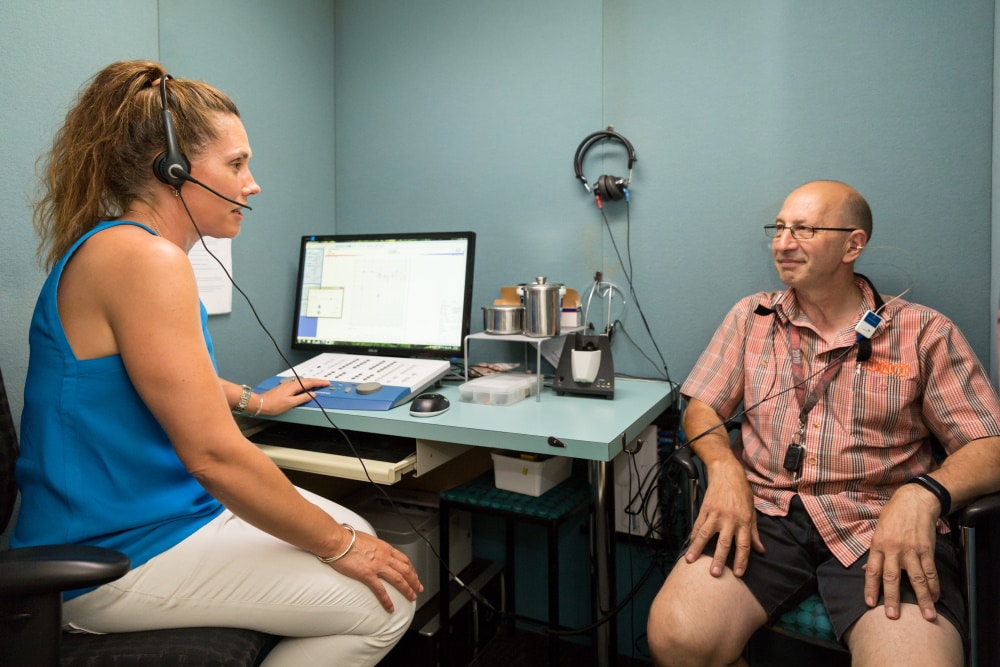
Hearing Tests for Adults
A reduced capacity to communicate has a significant impact on relationships, career opportunities, social connection, independent living and quality of life.
Read More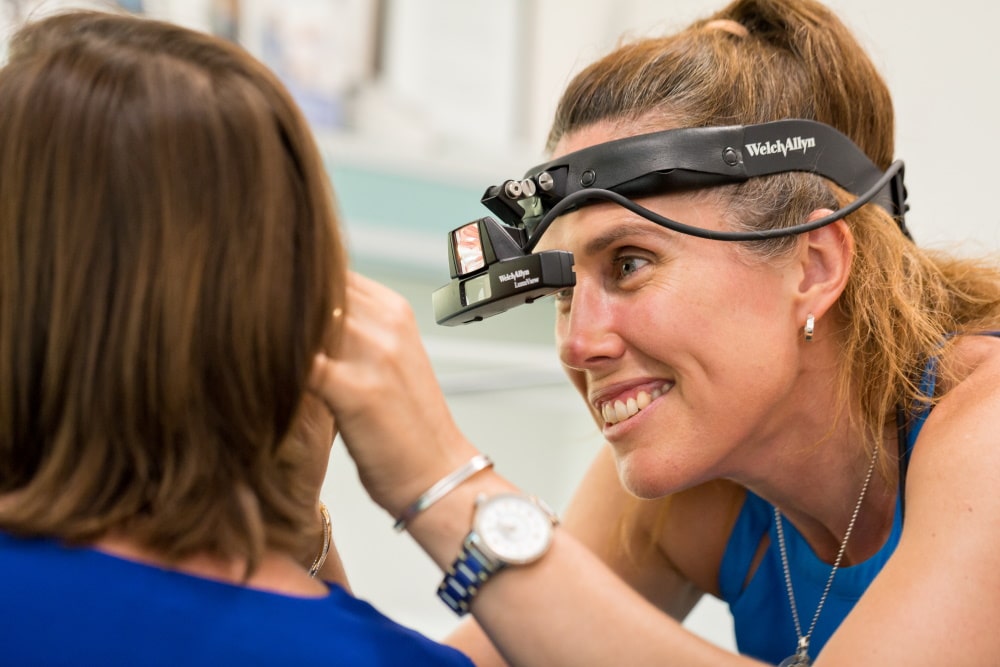
Do I Need A Hearing Aid?
We carry out a range of hearing tests that help determine whether you need a hearing aid.
Read More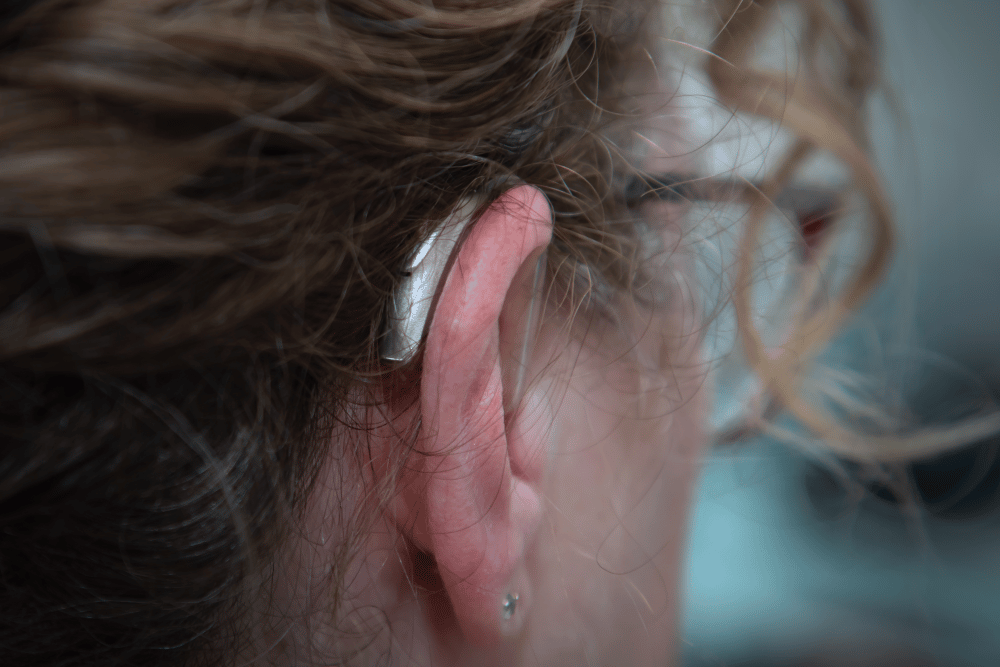
Choosing Hearing Aids
Hearing aids are available in three styles; BTE, RIC or are fully contained in the ear.
Read More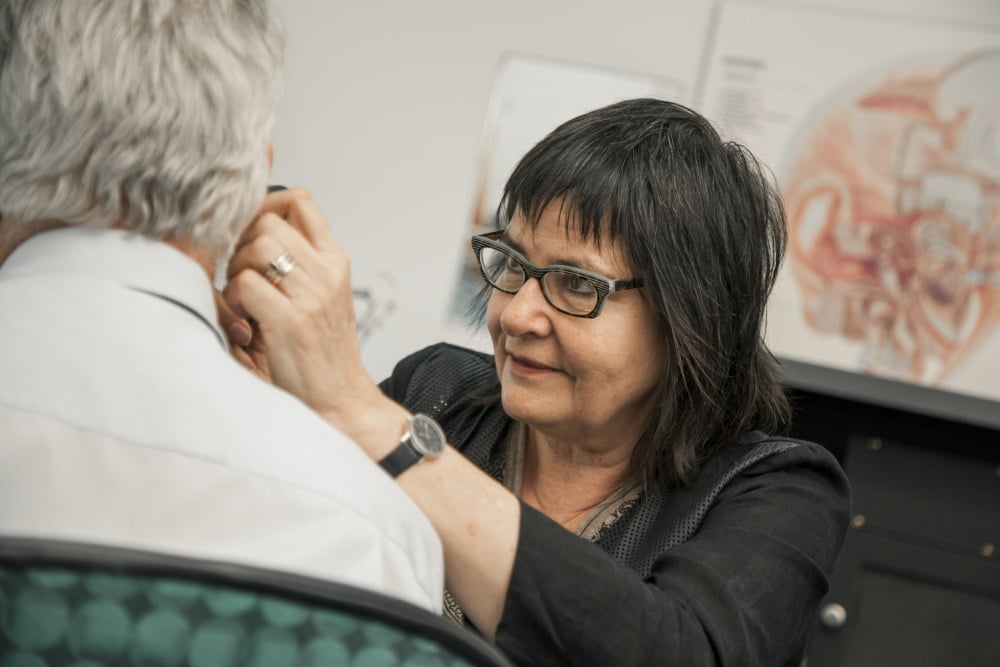
Fine-Tuning Hearing Aids
We have extensive training, experience and expertise in fine-tuning contemporary hearing aids to individual communication needs.
Read More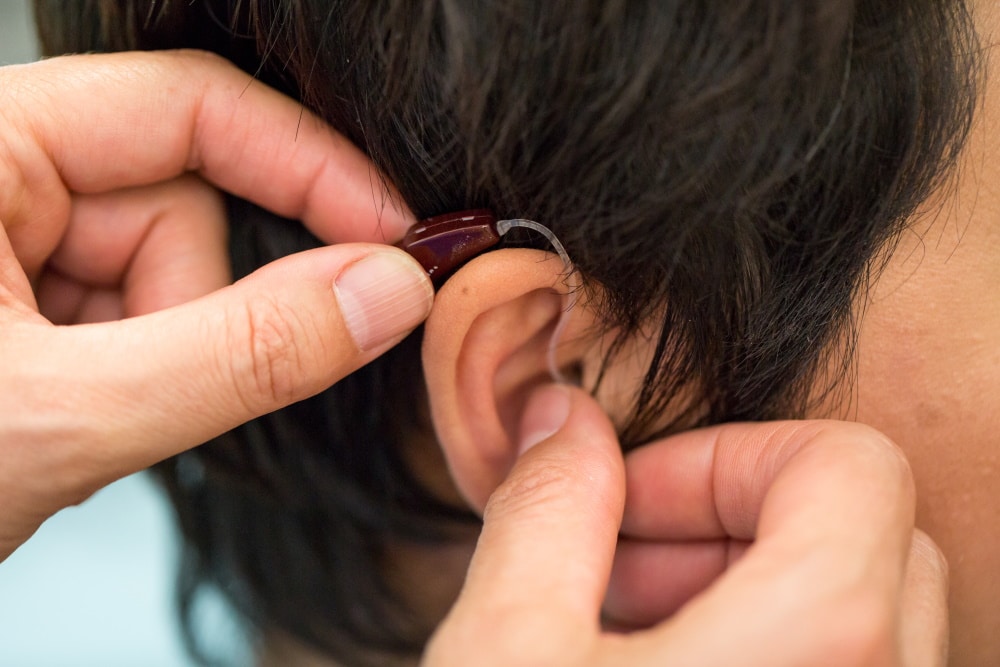
Hearing Aid Fittings
Your fitting package will include an instruction booklet and the accessories needed for maintenance and dehumidification
Read More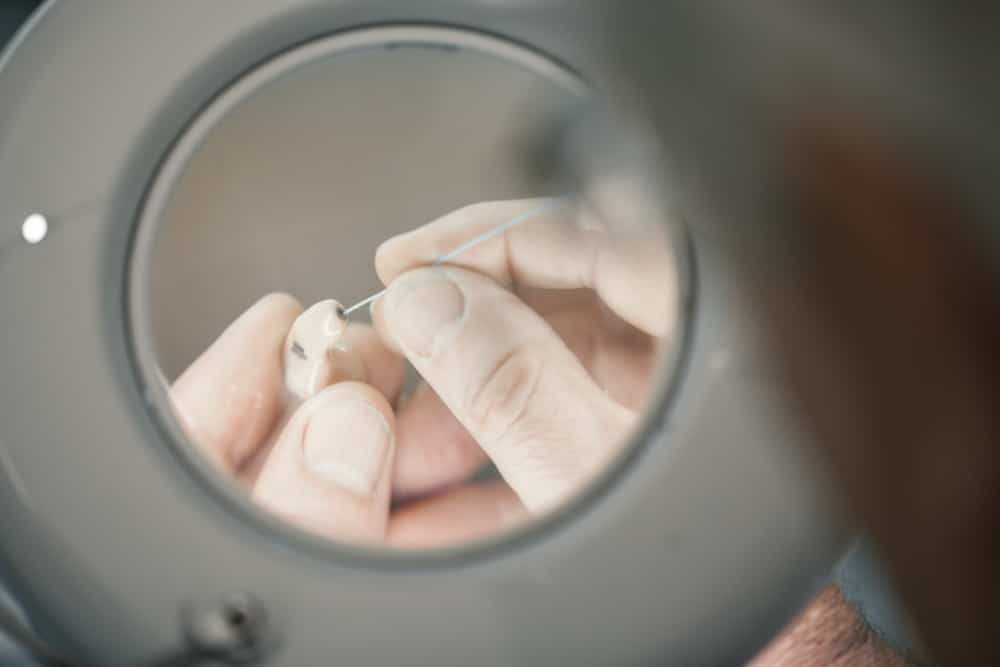
Hearing Aid Maintenance
To minimise the need for repairs and to preserve the life of your hearing aids, regular and thorough maintenance is essential.
Read More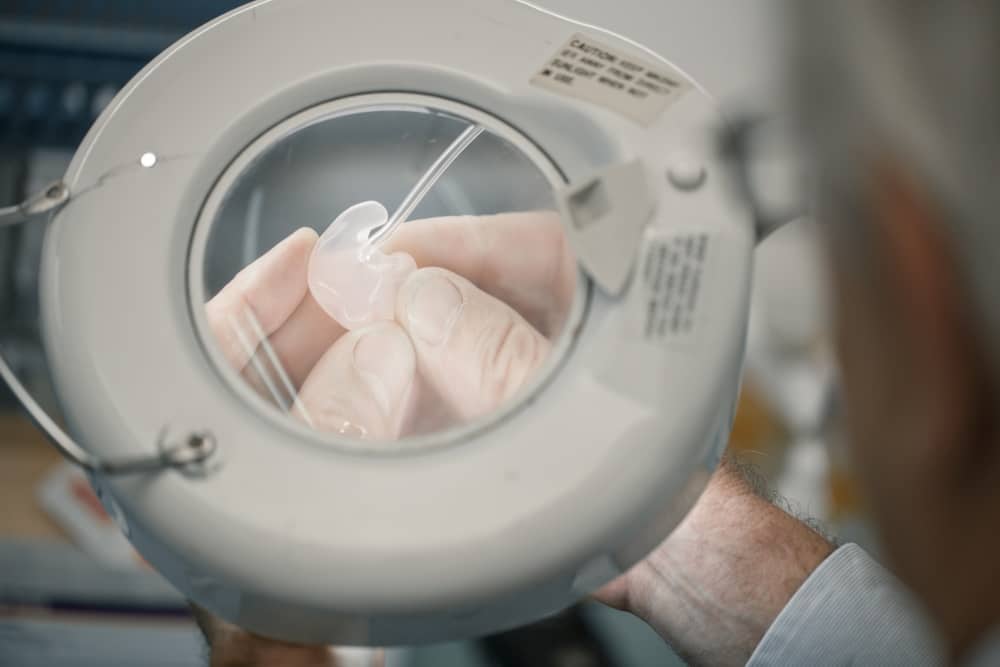
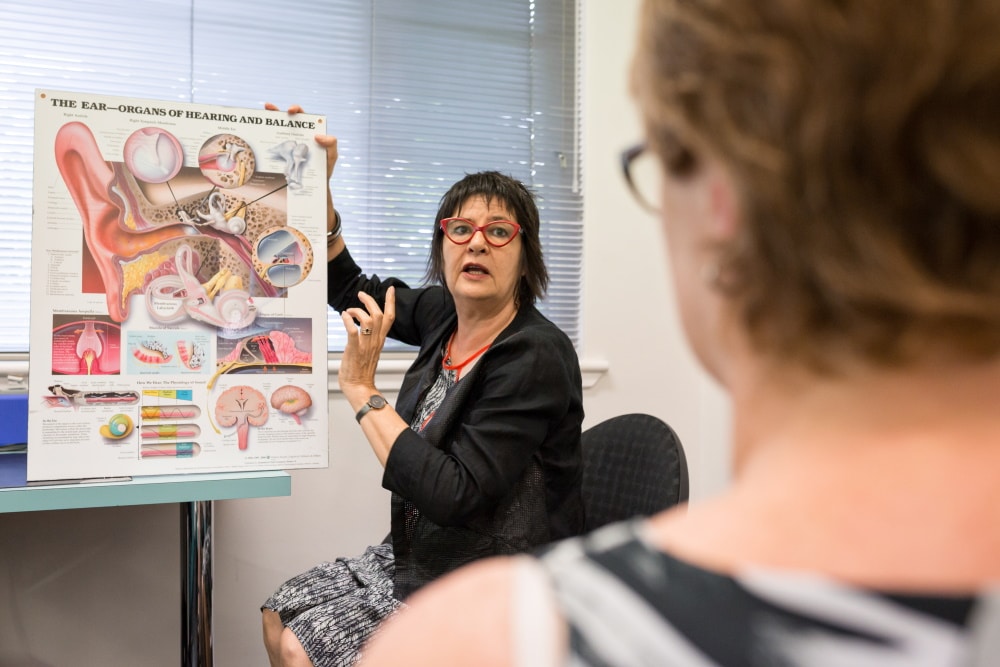
Hyperacusis & Misophonia
Both conditions have the potential to escalate, so that an increasing range of sounds become intolerable.
Read More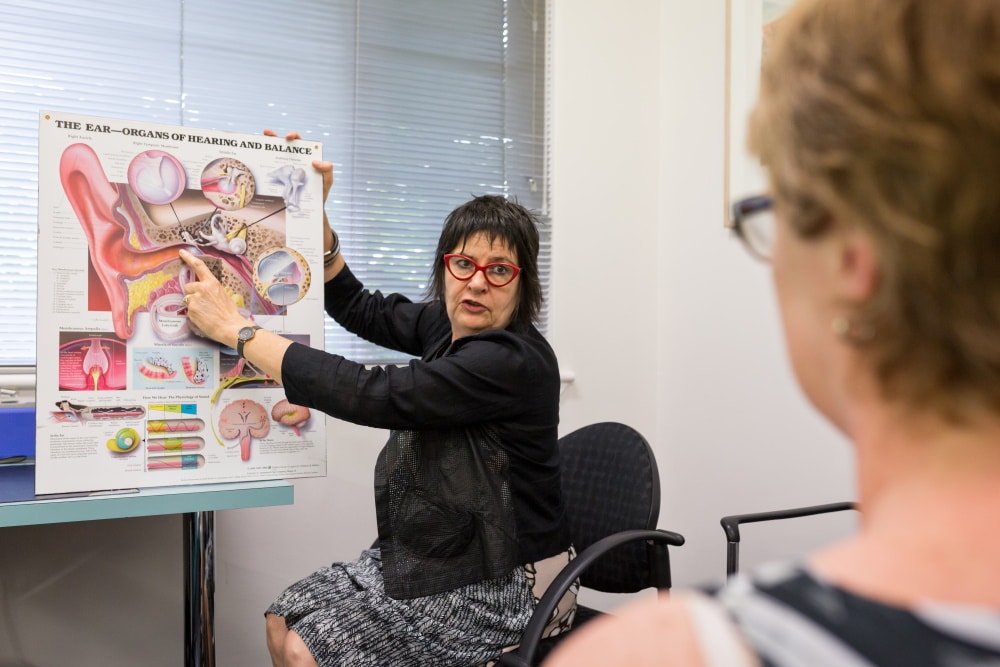

Misophonia
Misophonia is a strongly aversive response or abnormal sensitivity to certain specific sounds
Read More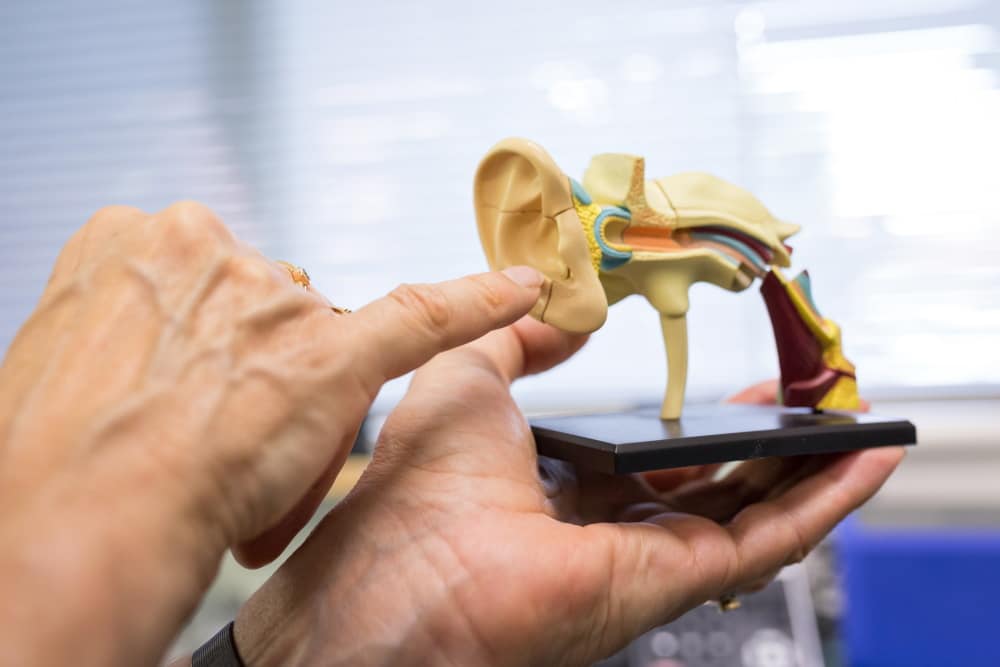
Tinnitus
Tinnitus is the term used to describe hearing any sounds which are not present externally.
Read More
Acoustic Shock
Acoustic shock is an involuntary fright/psychological trauma reaction to sudden, loud noises.
Read More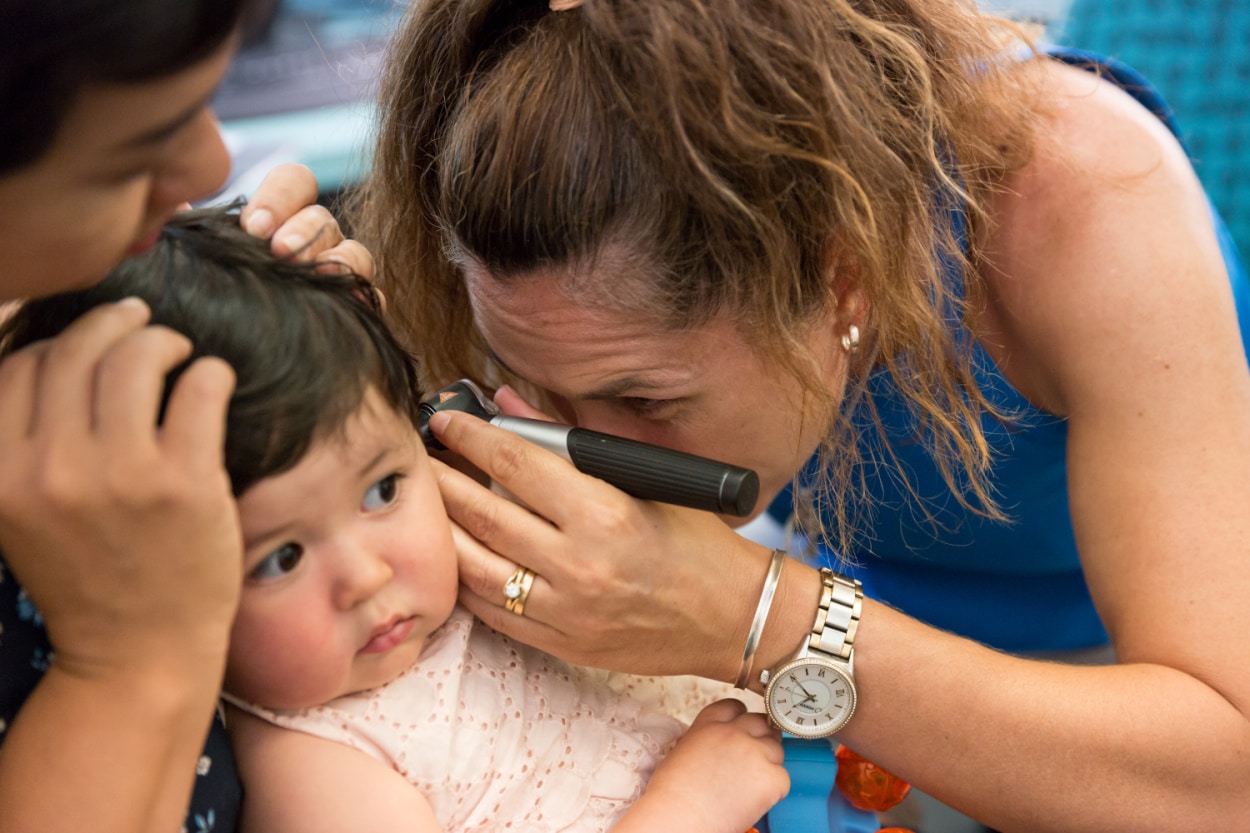
Hearing Tests for Kids
Hearing difficulties in school age children are known to have a significant impact on their social, behavioural and academic growth.
Read More
